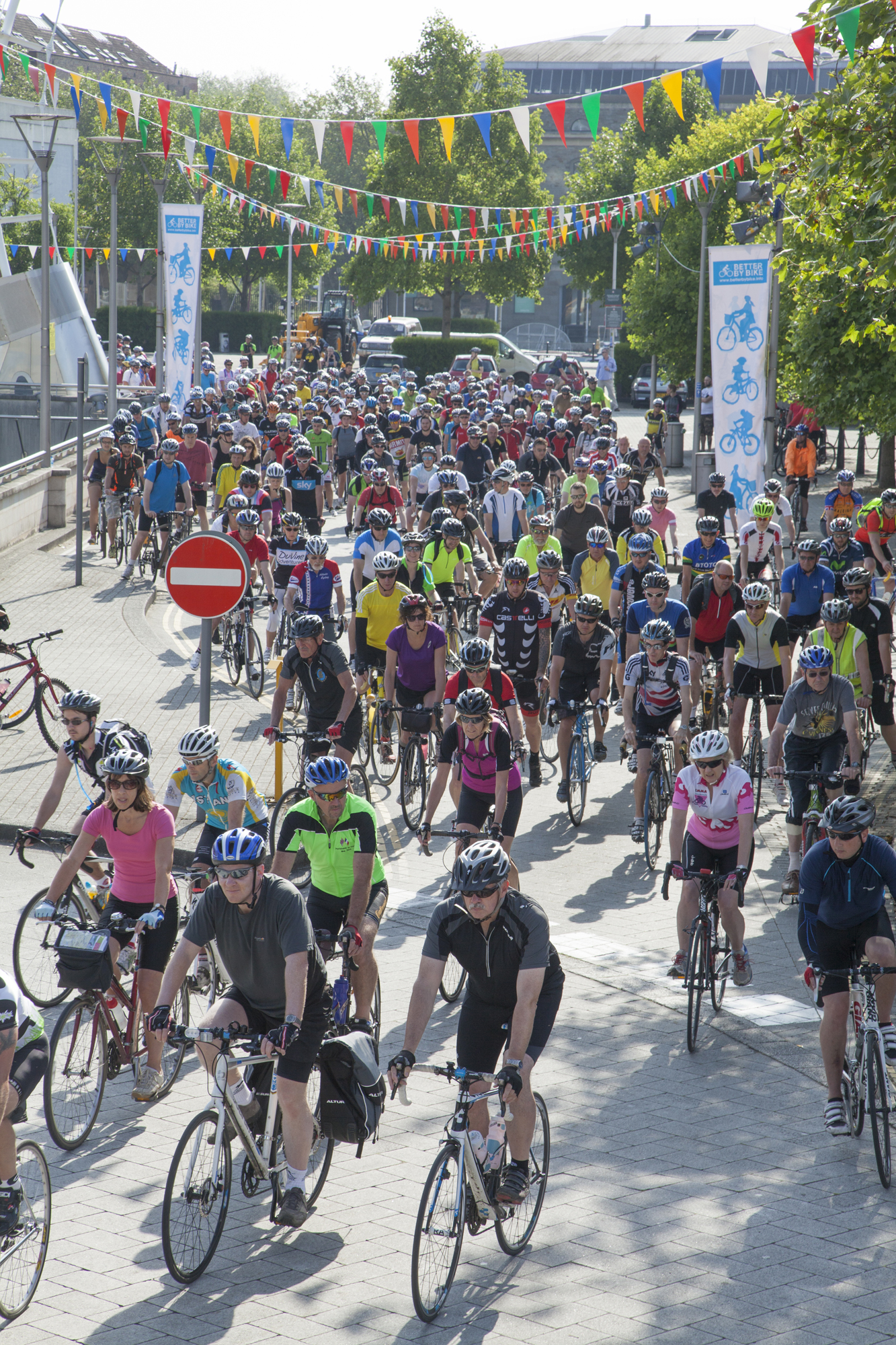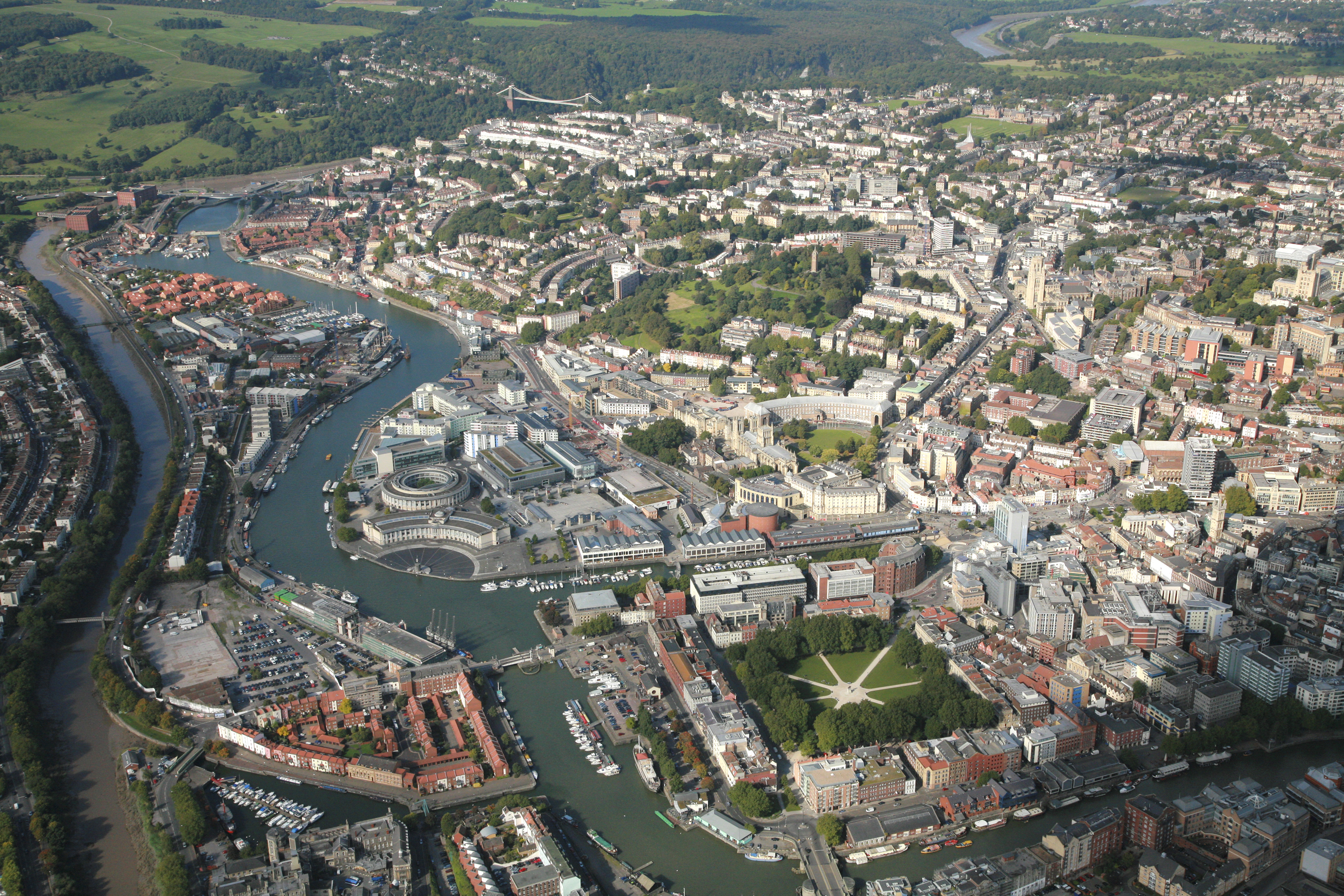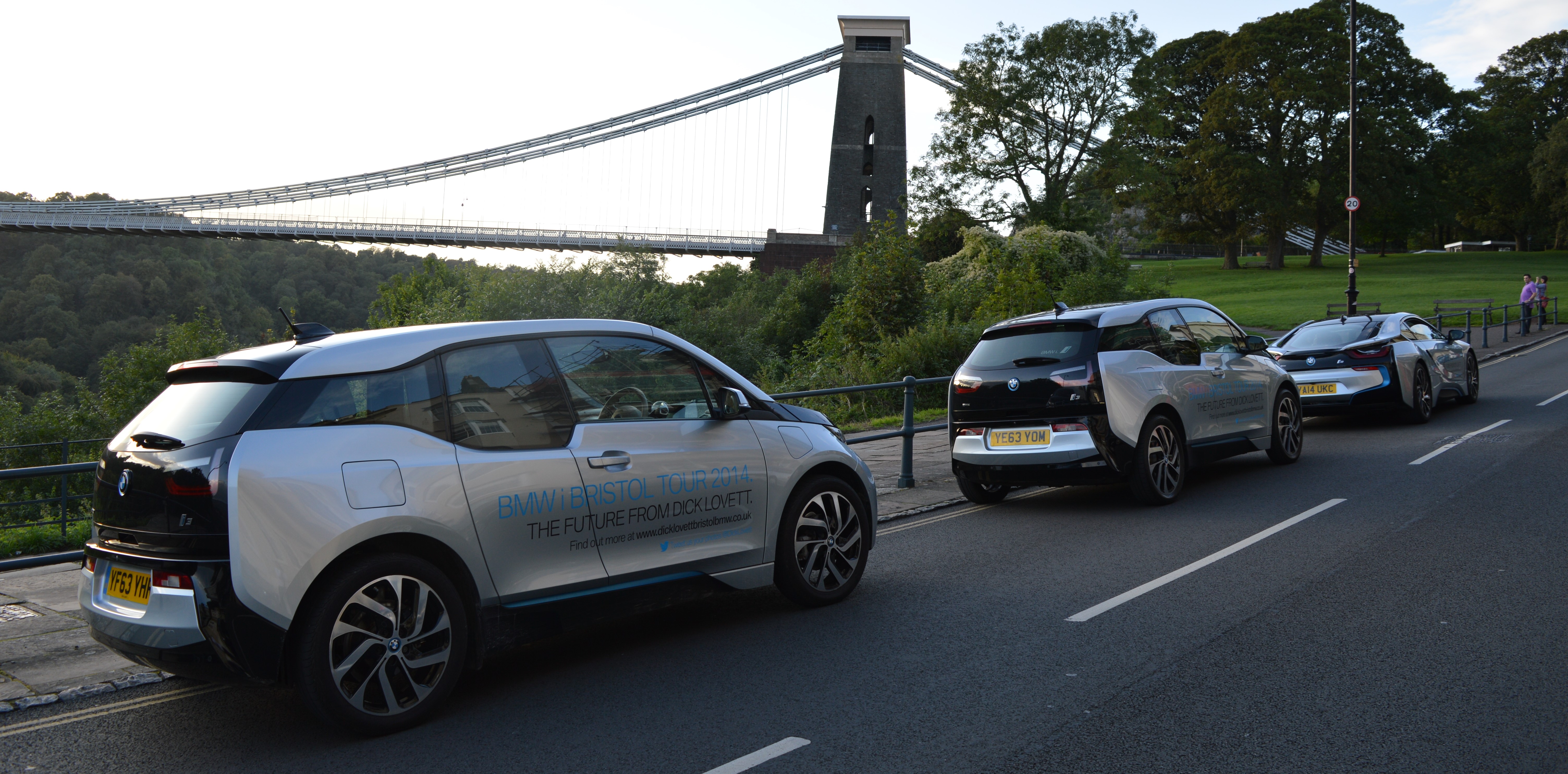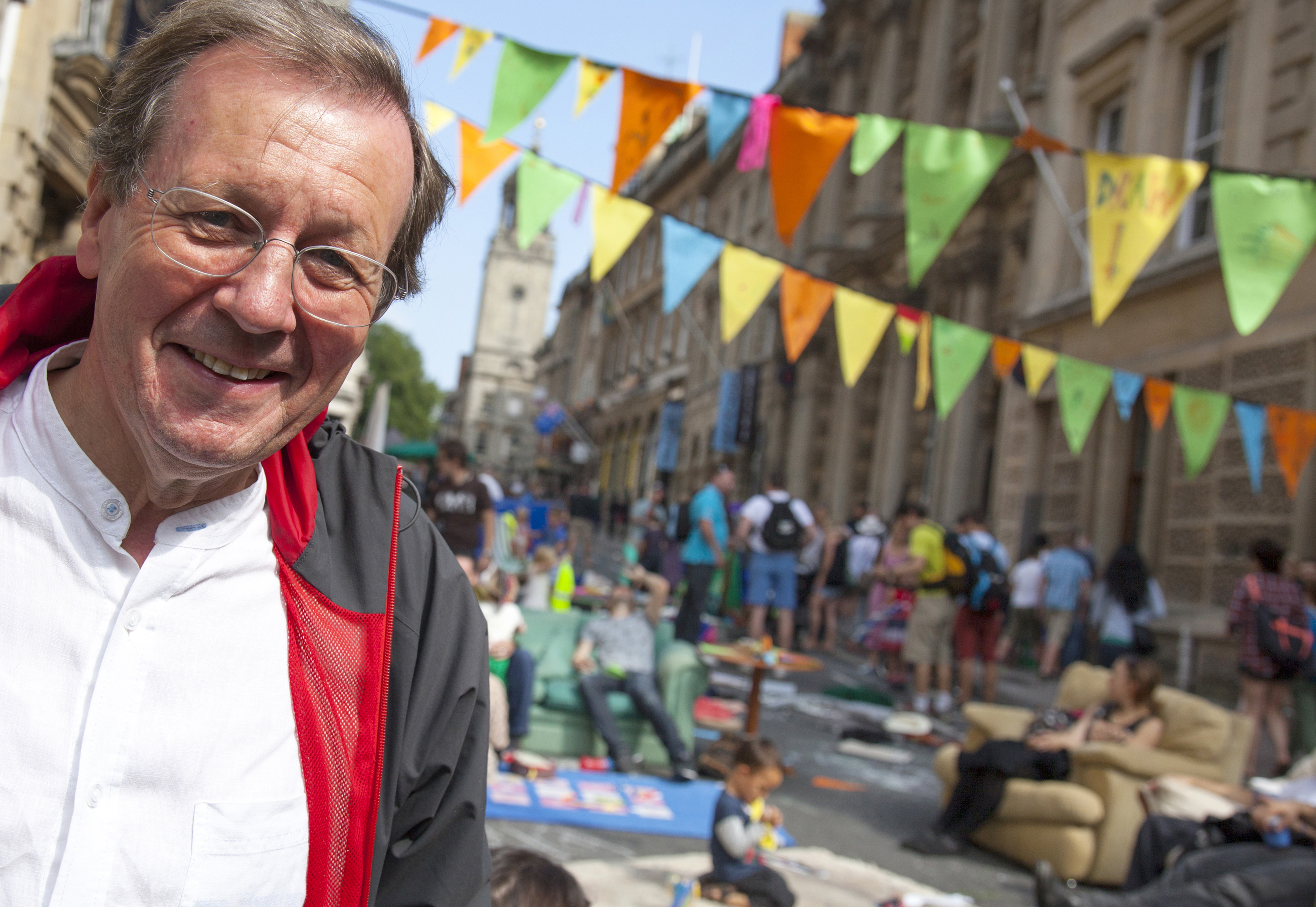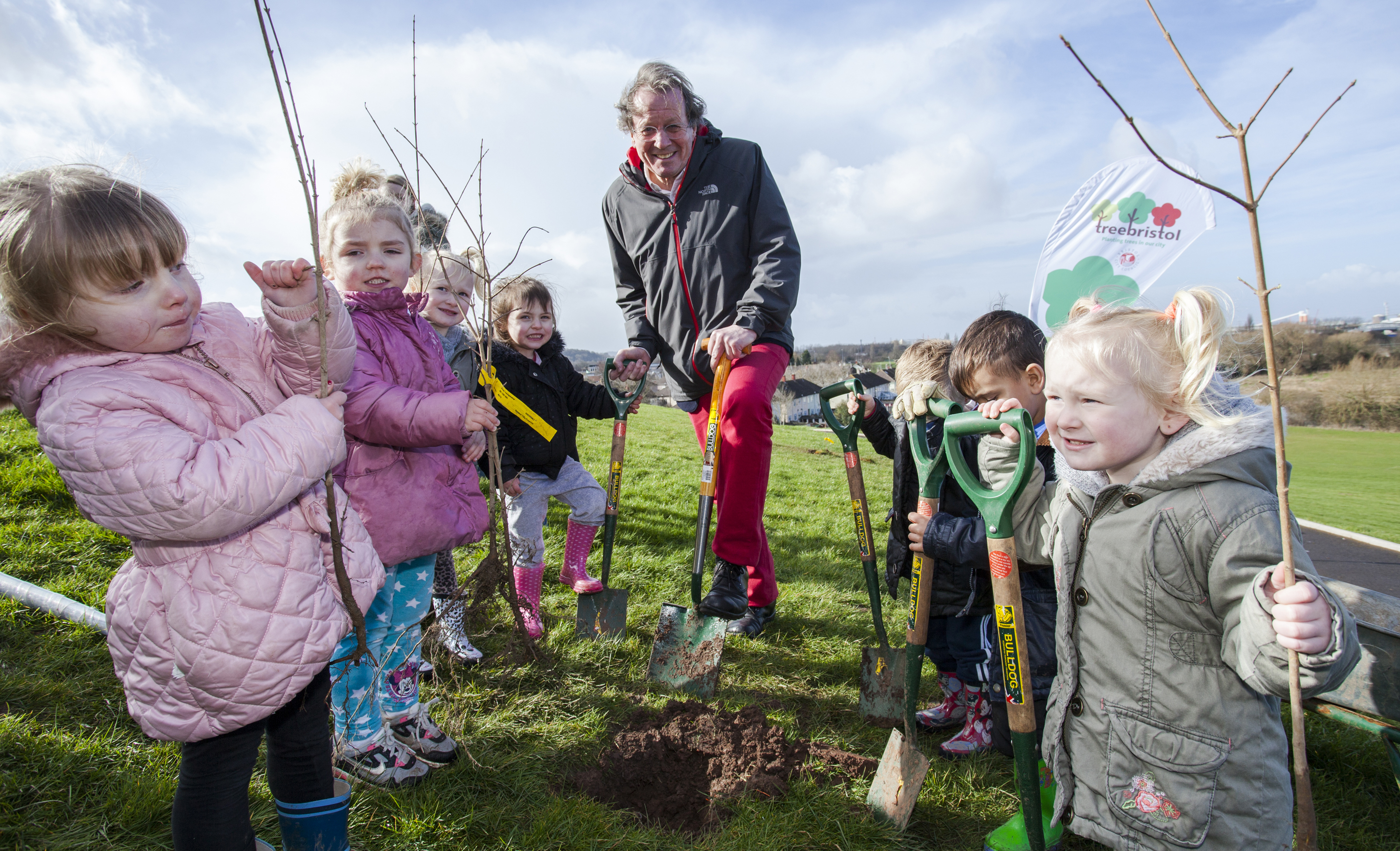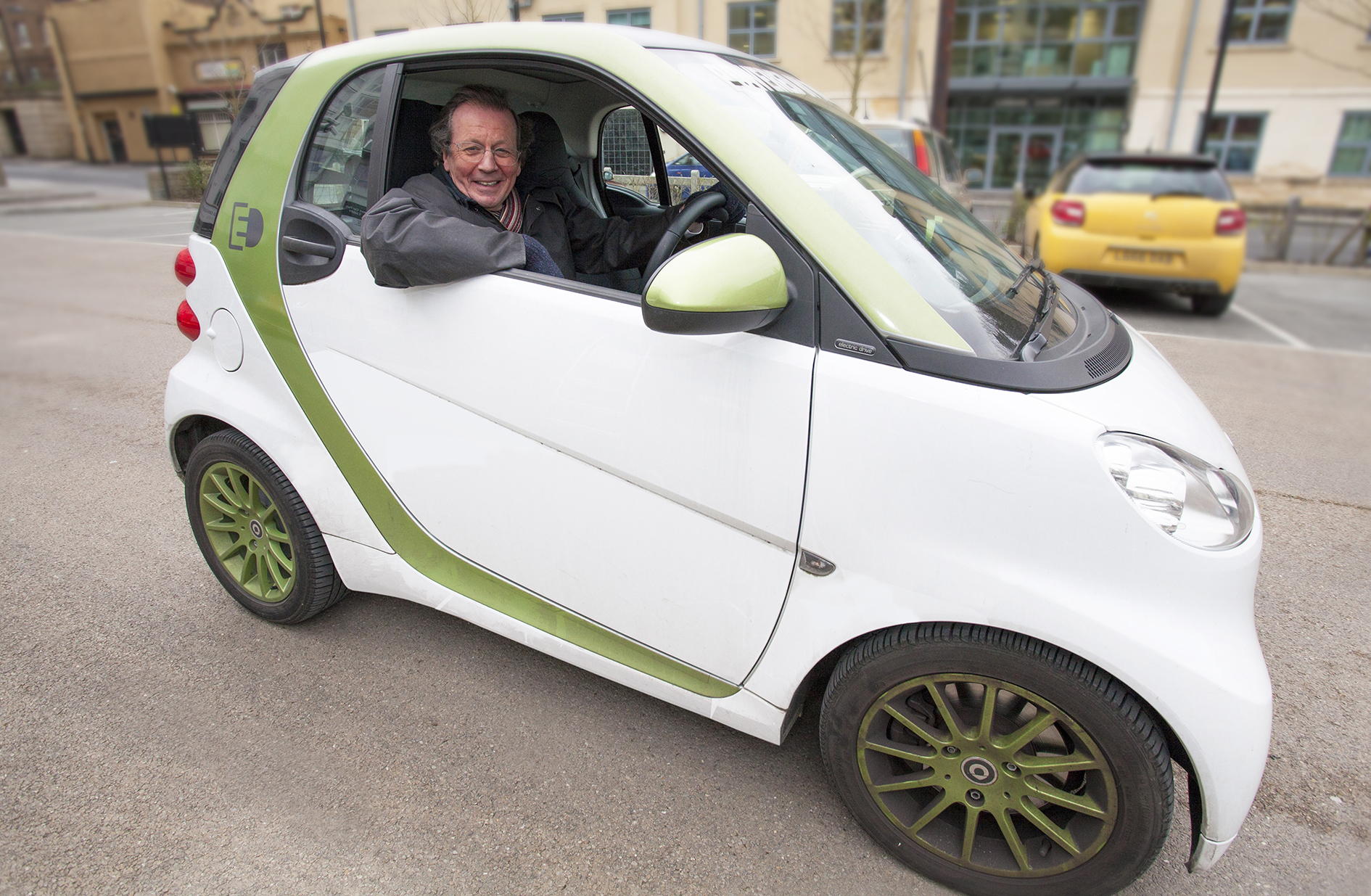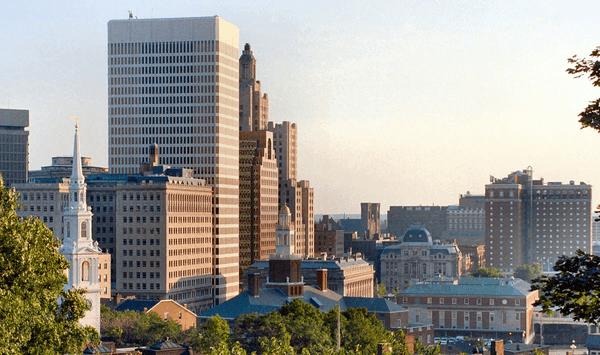City
Bristol
Main actors
City Government, Supranational / Intergovernmental Institutions, Private Sector, Community / Citizen Group
Project area
Whole City/Administrative Region
Duration
Ongoing since 2011
Bristol's innovative approach to becoming a smart city is based on people and not on technology: a Public-Private-People approach. Projects to date include smart metering, open data, smart grid and electric vehicles which build on the City's strengths in micro-electronic and digital companies.
Smart City Bristol is a collaborative programme between the public sector, business and community. The main aim is to use smart technologies to help meet the ambitious city target to reduce CO2 emissions by 40% by 2020 from a 2005 baseline.
It was launched in 2011 and builds upon the Smart City Bristol Report commissioned by Bristol City Council in 2011 and funded by the UK Department of Energy and Climate Change. The city’s resilience to identified challenges will be monitored via a series of qualitative measures as well as quantifiable targets, such as the Mayor’s annual ‘state of the city’ report, ‘quality of life survey’ and other public consultation.
The City was awarded European 'Green Capital' status for 2015, which will also contribute to these targets, promoting Bristol as a centre for innovation in Green technology.
Guangzhou Award
This project was awarded the 'Guangzhou Award' in 2014.
External links / documents
On Map
The Map will be displayed after accepting cookie policy
